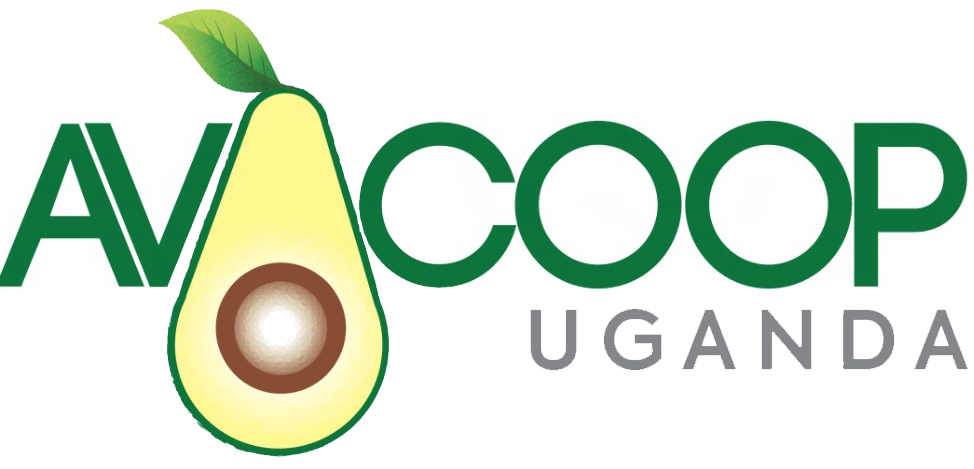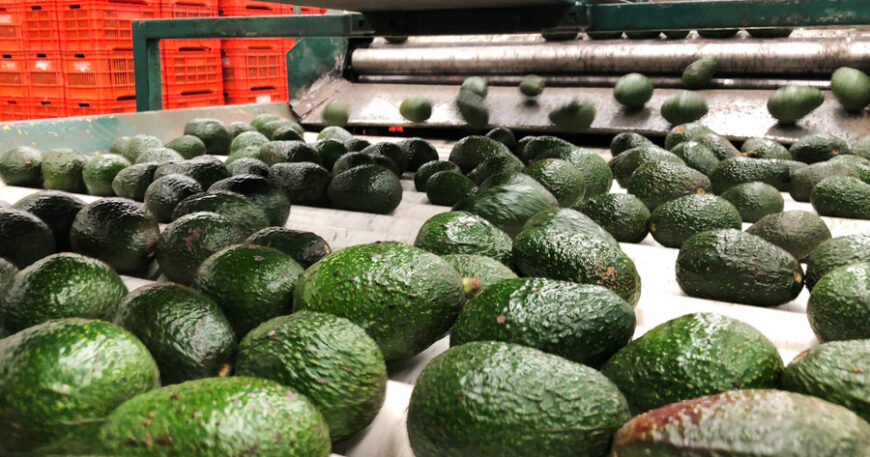By Humphrey Wampula
Avocado exports from Uganda have been on the rise in recent years, and this trend is projected to continue into the future. This is good news for Ugandan avocado farmers, who stand to benefit from increased incomes as a result of higher demand for their crops. In this article, we will take a closer look at the projected avocado exports from Uganda and the potential impact on incomes for farmers.
Uganda is one of the major avocado producing countries in Africa, and the industry has been growing rapidly in recent years. According to data from the Ugandan Ministry of Agriculture, Animal Industry and Fisheries, avocado exports from Uganda have grown by an average of 20% per year over the past decade. This growth is expected to continue in the future, with projections indicating that avocado exports from Uganda will reach 150,000 metric tons by 2030.
The main drivers of this growth in avocado exports are increasing global demand for the fruit and improvements in Ugandan avocado production. Avocado is becoming increasingly popular as a healthy and versatile ingredient in a wide variety of cuisines around the world. Additionally, Ugandan avocado farmers are benefiting from improved agricultural practices, such as the use of high-yielding varieties of avocado and better irrigation and pest management techniques.
The increased demand for Ugandan avocados is also creating new opportunities for farmers to expand their operations and improve their incomes. According to the Ugandan Ministry of Agriculture, avocado farmers in the country currently earn an average of $5,000 per hectare of land, which is significantly higher than the average income for farmers in other sectors. With the continued growth of the avocado industry, these incomes are projected to increase further in the future.
However, the industry is not without its challenges. One major challenge for Ugandan avocado farmers is the lack of access to credit and financing. Many farmers are unable to afford the costs of inputs, such as seedlings and fertilizers, which can limit their ability to expand their operations. Additionally, the lack of access to markets and buyers can also be a challenge for farmers, making it difficult for them to sell their crops at a fair price.
Another challenge is the increasing pressure on the land, as a result of population growth, urbanization and industrialization. This is leading to land fragmentation and reduced land for farming, which could limit the expansion of the avocado industry in the future.
Despite these challenges, the future looks bright for the Ugandan avocado industry. With increasing global demand for the fruit, improvements in production practices, and the potential for higher incomes for farmers, the avocado industry is well-positioned to continue its growth in the coming years.
To support the growth of the avocado industry in Uganda, it is important for the government and other stakeholders to provide farmers with access to financing, markets, and training. This would help farmers to expand their operations, improve their production practices, and increase their incomes. Additionally, it would be beneficial to invest in research and development to identify new, high-yielding avocado varieties that are better suited to the Ugandan climate and can resist pests and diseases.
The projected avocado exports from Uganda are set to continue to grow, and this trend is expected to have a positive impact on incomes for farmers. However, the industry faces challenges such as lack of access to credit and financing, and the limited land for farming. By addressing these challenges and providing farmers with the resources and support they need to succeed, the Ugandan avocado industry has the potential to become a major contributor to the country’s economy and a major source of income for farmers.






